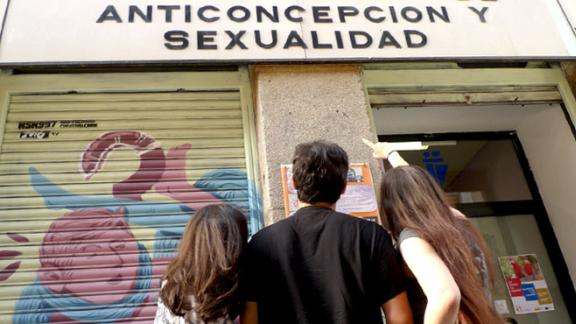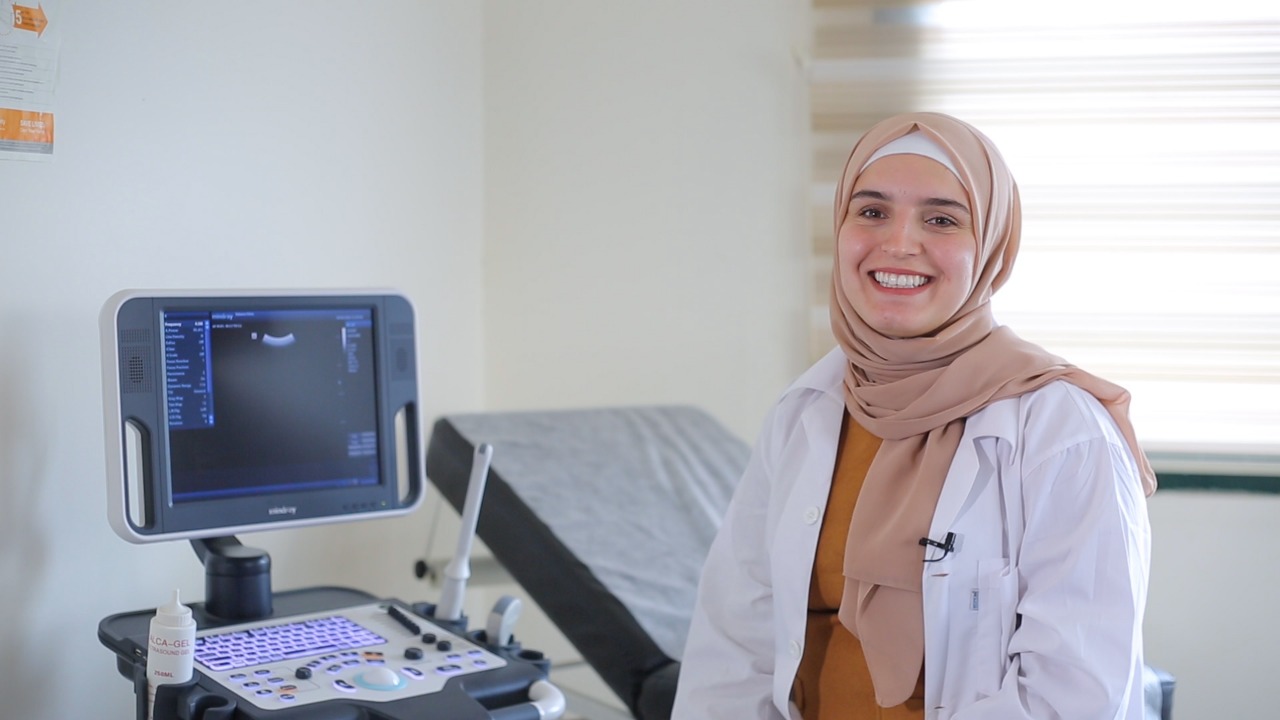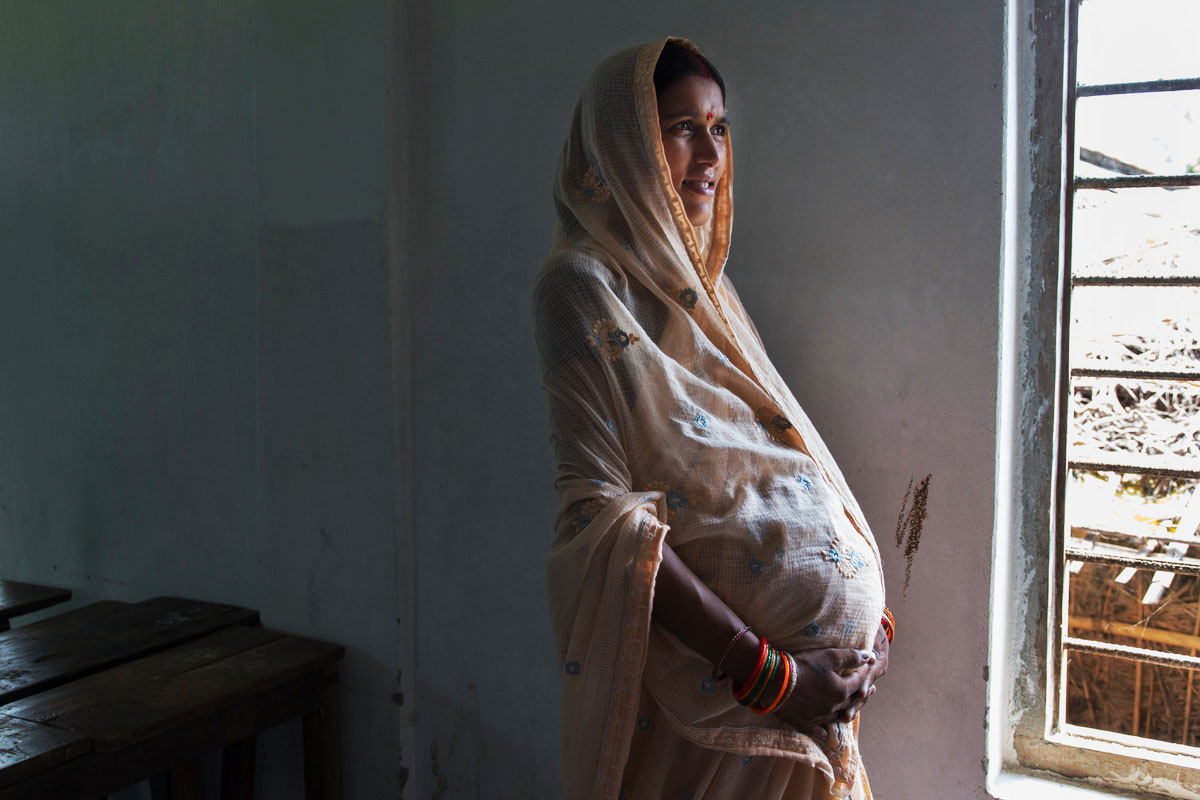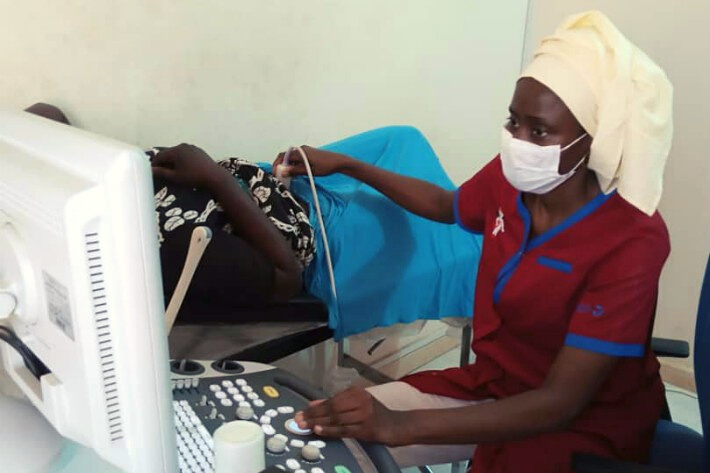An interview with Filomena Ruggiero (advocacy) and Raquel Hurtado (social intervention) of the Federación de Planificación Familiar de España (FPFE), on the impact of COVID-19.
Spain was badly hit by coronavirus/COVID-19. What impact did the virus have on sexual and reproductive health (SRH) services in particular?
The information available to FPFE indicates that sexual and reproductive health services which are urgent and can’t be postponed have continued as normally as possible.
When it comes to abortion, according to our information, all accredited clinics are in operation. Emergency contraception continues to be dispensed without a prescription in pharmacies as it was before the crisis, and various sources indicate that they have a sufficient supply. Women have been able to access contraception with electronic prescriptions that have been renewed over the phone.
 When it comes to early detection and treatment of STIs, diagnoses are made in situations in which the symptoms indicate that there is an infection and continuity is maintained in the treatment of those who require it. Monitoring and care services for maternal and perinatal health have been maintained at specific centres.
When it comes to early detection and treatment of STIs, diagnoses are made in situations in which the symptoms indicate that there is an infection and continuity is maintained in the treatment of those who require it. Monitoring and care services for maternal and perinatal health have been maintained at specific centres.
Counselling and telephone and online information have continued and essential services for people experiencing gender violence have carried on. There have been 24-hour care on offer on social media platforms, victims have been able to go to emergency centres, supervised flats and there has been safe accommodation provided for victims of sexual exploitation, etc. The toll-free advice number 016 is still operational.
Which services were most impacted?
This situation has highlighted the already existing inequalities between regions in access and quality of SRH, and the importance of specific SRH services.
What impact has there been on abortion services and post-abortion care?
Most abortions take place in private clinics, which have kept their services relatively normally. Appointments have been spaced to avoid crowds in waiting rooms, and in some cases the process has modified, for example, face-to-face visits are now online visits.
What measures have you taken to try to get round the problems in service delivery that FPFE faced?
FPFE cannot provide its services normally. Comprehensive sexuality education (CSE) group activities and face-to-face sessions have been cancelled. However, telephone, online and WhatsApp support continues to function and there has been increased demand for these services.
FPFE has also started to design an online CSE strategy and has developed several training webinars for professionals, families and decision makers.
What impact was there on vulnerable women, including victims of sexual and gender-based violence (SGBV)?
The risks for women experiencing SGBV has increased because they have been forced to be in lockdown with their aggressor. The statistics in Spain show a huge increase in requests for help due to gender-based violence.
Victims of trafficking and sexual exploitation have been very much affected during the pandemic because they may not show up in any official records so accessing services can be difficult.
The Spanish government announced a series of measures to help these women in a variety of ways. How has FPFE been involved in this? Does FPFE work in these areas?
The government is implementing a new Contingency Plan against gender-based violence which includes a series of measures including:
- 24-hour available information resources (telephone 016 and online inquiries via email: [email protected])
- Emergency response and admission for victims at risk
- Emergency centres, shelters, supervised flats and safe accommodation for victims of sexual exploitation and trafficking
- Psychological, legal and social remote assistance to victims (by phone or through other channels).
A government campaign has been launched called “We are with you. We stop gender violence together.” The campaign aims to convey to public opinion that gender-based violence is not a private matter, but rather a human rights violation that concerns society as a whole.
Are frontline staff able to go into the community?
The entire FPFE team is working from home. In addition to the provision of online services and the development of webinars, we have been liaising with people through our website and social media networks.
How are frontline services being provided?
In addition to the work that we have already outlined we have also maintained a constant contact with public services that provide essential services, to establish appropriate referrals when required.
In addition, through the web and social networks updated almost daily, useful information is offered, based on the most frequently asked questions by users.
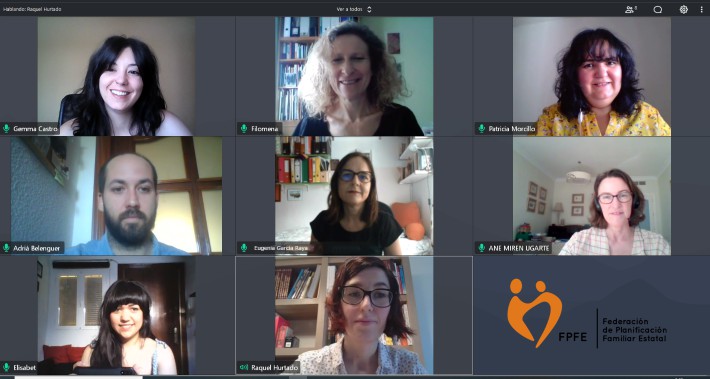
Regarding CSE, we are producing a series of videos which will be shared with young people through the schools and that include a factsheet with essential information, as well as the possibility to share doubts and questions through online channels.
Regarding the work with professionals and families, we are developing some webinars regarding CSE and how to manage internet risks linked to sexting and porn.
What will you be doing to keep providing services to people in Spain now?
Until the new normality is restored, we will continue to provide services through channels that do not involve direct contact. Once the services are re-established, direct face-to-face services will be offered, with the safety regulations indicated by the health authorities at the time (use of masks and gloves, protective screens, hydro-alcoholic gel, safety distance etc).
One of the main roles of our services at this time is to help users to assess if their demands constitute an emergency or not and refer them to appropriate services, reducing their exposure. Where possible we will go with people to attend any appointments to reduce any anxiety they may be experiencing.
What message do you have for people and your staff in Spain when it comes to SRH services and COVID-19?
The FPFE team has two main demands directed at the national government and regional governments:
- To maintain the supply of medications such as continuity contraceptives methods, emergency contraception, antiretrovirals, and treatments for STIs
- To ensure abortion and other essential services can continue.
Likewise, and especially in those non-deferrable matters, such as the voluntary interruption of pregnancy or continuity treatments, guarantee access to services, as well as the human and material means to provide such care.
We would also appeal to people to avoid primary care services and hospital emergency as far as possible. For sexual and reproductive health and rights (SRHR) queries there are telephone and online services for initial advice.
Care services should also be available to reduce this anxiety and help make timely decisions through its online services.
Consult reliable sources when it comes to SRHR, including FPFE. It is essential that people take care of their own sexual and reproductive health and not to take risks.
when
country
Spain
Related Member Association
Federación de Planificación Familiar de España







